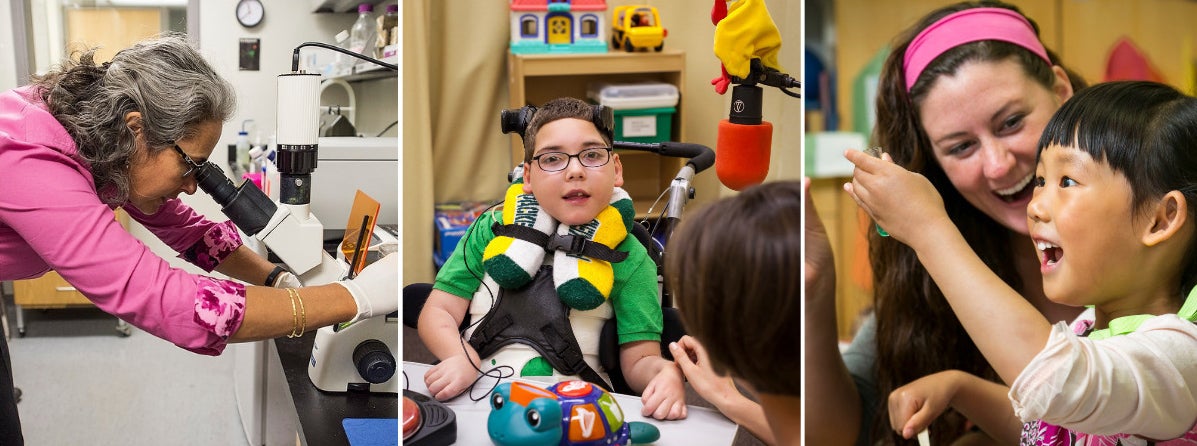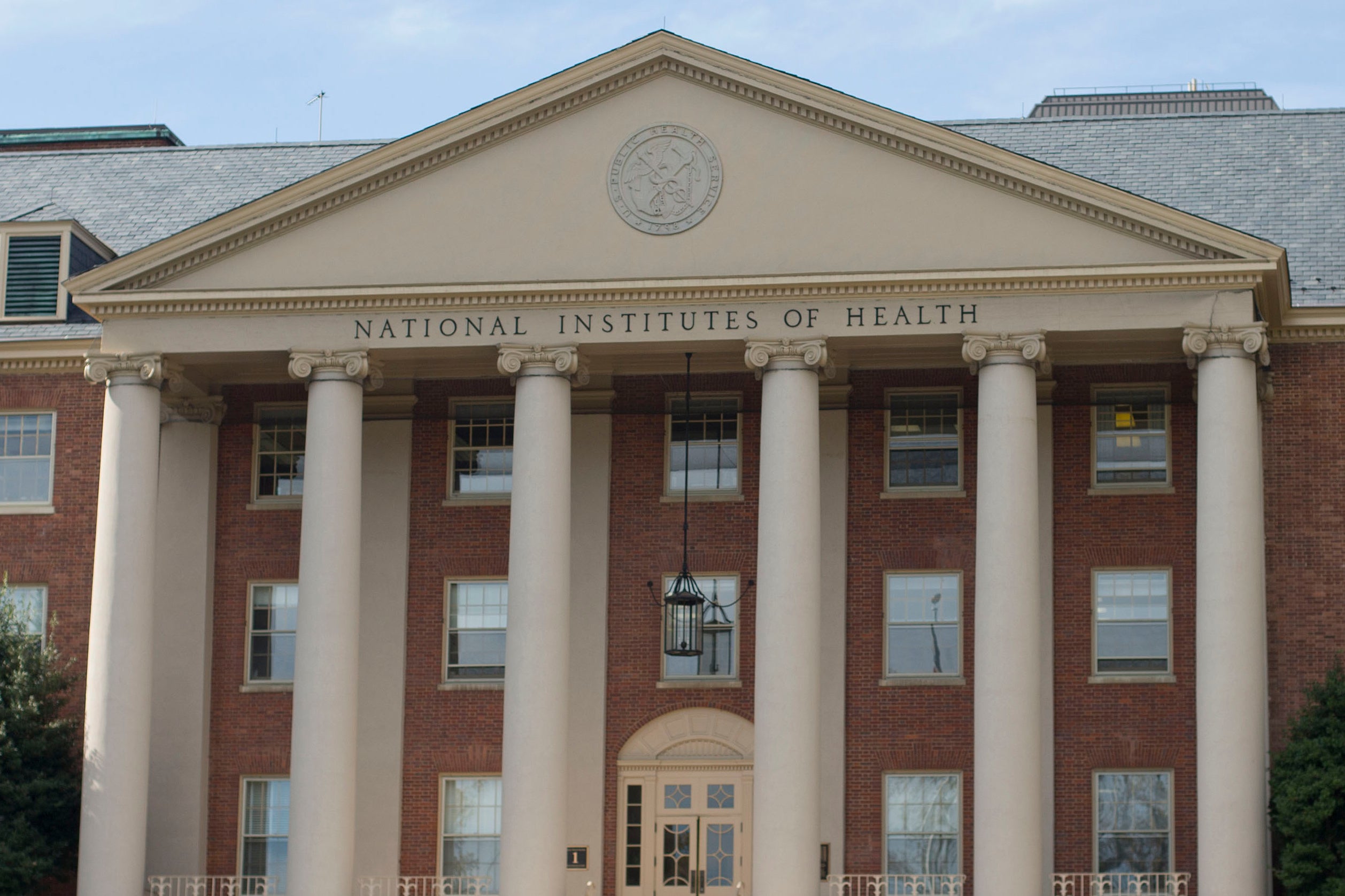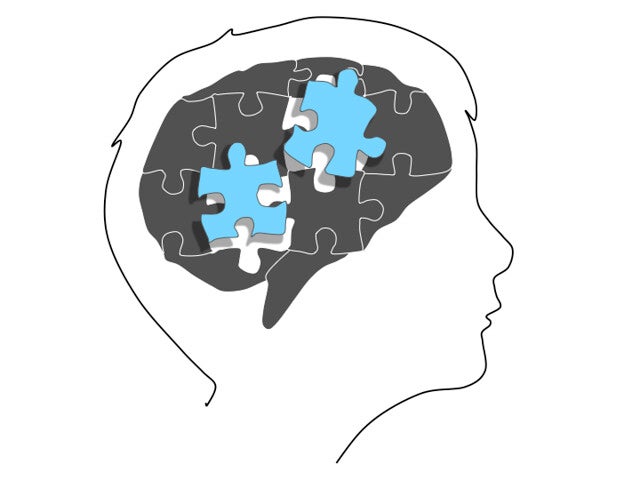The Waisman Center has a new director. The organization at UW-Madison is one of only 14 Eunice Kennedy Shriver Intellectual and Developmental Disabilities Research Centers in the country. The new director is our guest. He discusses current research on autism and Rett syndrome and explains how research and clinical service connect. Plus learn about the promise stem cell research holds for degenerative diseases such as ALS.
Featured in this Show
-
New Waisman Center Director Looks To Continue Combining Service, Education, Outreach
Incoming Waisman Center director Qiang Chang is an expert researcher on Rett syndrome, a debilitating genetic condition.
But it was interacting with patients with the condition that changed the way he thought about his research.
“The minute I saw the patients and their families, it put a face on what we’re doing at the bench,” Chang said. “It’s not just intellectual curiosity anymore, it’s we want to help these people.”
That integrative approach — combining scientific research with service, education, training, and outreach — has been at the core of the Waisman Center since it was founded in 1973, Chang says.
And as the newest director of the center, he takes the new position July 1, the longtime researcher there hopes to continue that mission.
“From the patient’s perspective, and the family’s perspective, when they see us, they see promise,” he said. “They see what we’re doing, and they see that potentially, that will help them down the line. That’s my experience interacting with the Rett syndrome community.”
The Waisman Center studies both developmental disabilities, like Rett syndrome and autism, as well as degenerative diseases, such as ALS and Parkinson’s disease. Located on the University of Wisconsin-Madison campus, it does this through biological, behavioral and social science research, training for students and post-doctoral fellows, services for individuals with developmental disabilities and their families, as well as community outreach.
Rett syndrome, like others the Waisman Center studies, doesn’t have a cure yet. But through clinical trials, the center is attempting to learn more about the condition and how it works, so they can then figure out how to reverse its symptoms.
Rett is caused by a random genetic mutation, Chang said. But because it isn’t degenerative, the structure of the cell is intact.
“You put the gene back in, or you target some of these deficits downstream of the gene,” he said. “And you can improve and reverse the symptoms.”

Photo courtesy of The Waisman CenterMuch of the Waisman Center’s research is done with stem cells, a technology that garnered controversy back when it was invented in the late 1990s. Scientists, at the time, lauded the technology as a breakthrough.
Chang says the technology has been worth the hype.
“We’re developing tools to use the stem cells to model various brain disorders, and that’s really what’s changed the game,” he said.
Other research from the center has manifested into hands-on programs, like The Transitioning Together Program, which brings together teens with autism and their parents into support groups.
The goal there, Chang said, is to learn what kinds of behaviors may set up the teens for success at school. And the research behind it was the result of a 15-year behavioral study from Waisman Center researchers Jan Greenberg and Marsha Mailick.
The Waisman Center also hosts a quarterly outreach event called “Day with Experts,” which brings together researchers and community members, each event focusing on a different disorder.
The learning is dual. The events feature a community panel of individuals and family members dealing with the disorder. Attendees, then, can see what it’s like to cope with a disorder like autism.
The Waisman Center, like any research lab, runs into challenges, Chang said. Sometimes, researchers will take a risk and learn something new. Other times, their hypothesis aren’t correct. They have to find a different way to do things.
“What I see at work is mostly positive things,” he said. “Being in this environment, multidisciplinary environment, that actually supports and expands research programs, so I see it’s a great place to be.”
Episode Credits
- Kate Archer Kent Host
- Kealey Bultena Producer
- Qiang Chang Guest
Wisconsin Public Radio, © Copyright 2026, Board of Regents of the University of Wisconsin System and Wisconsin Educational Communications Board.





